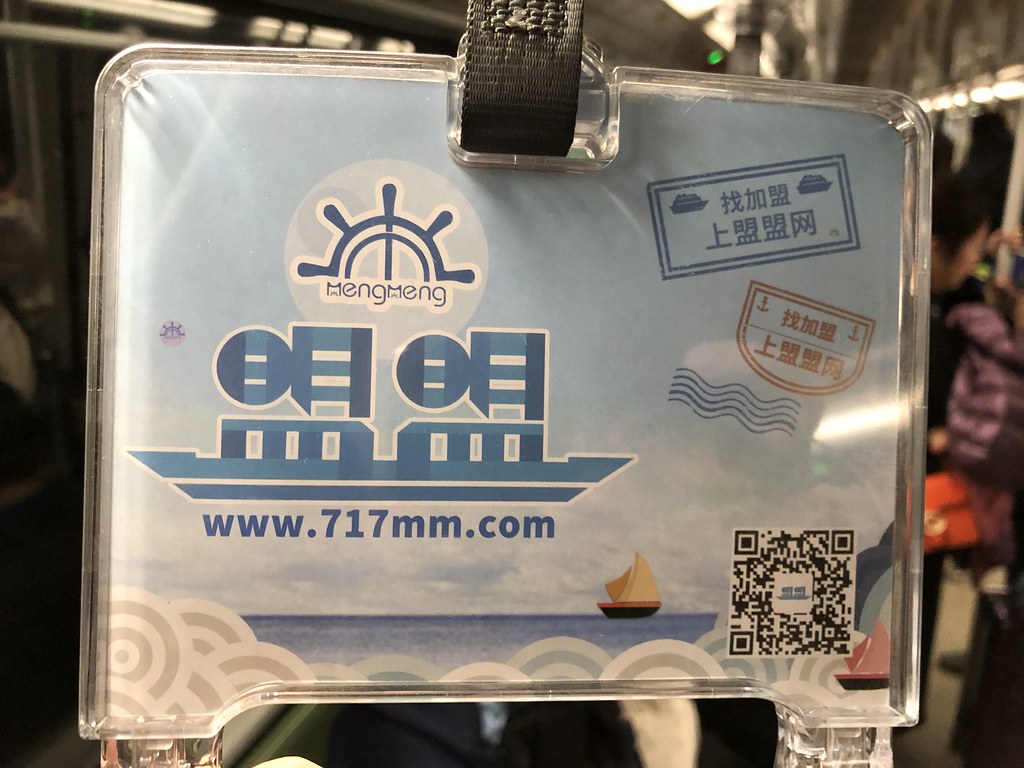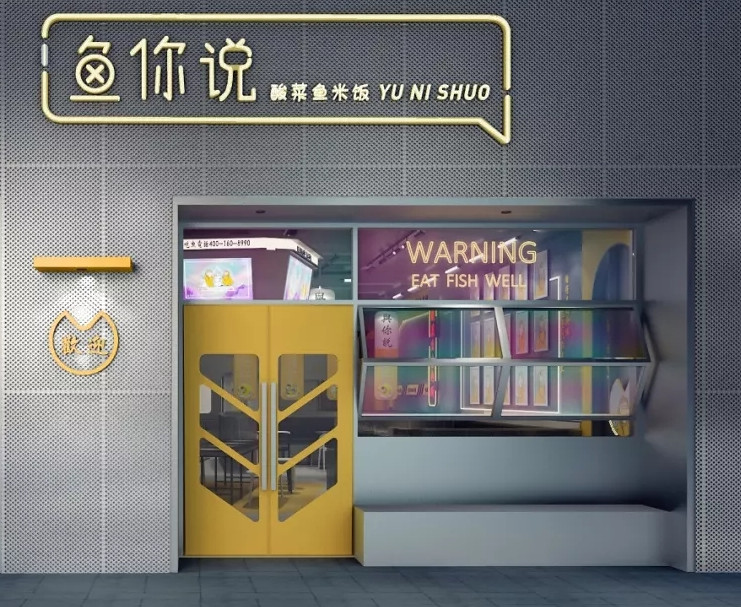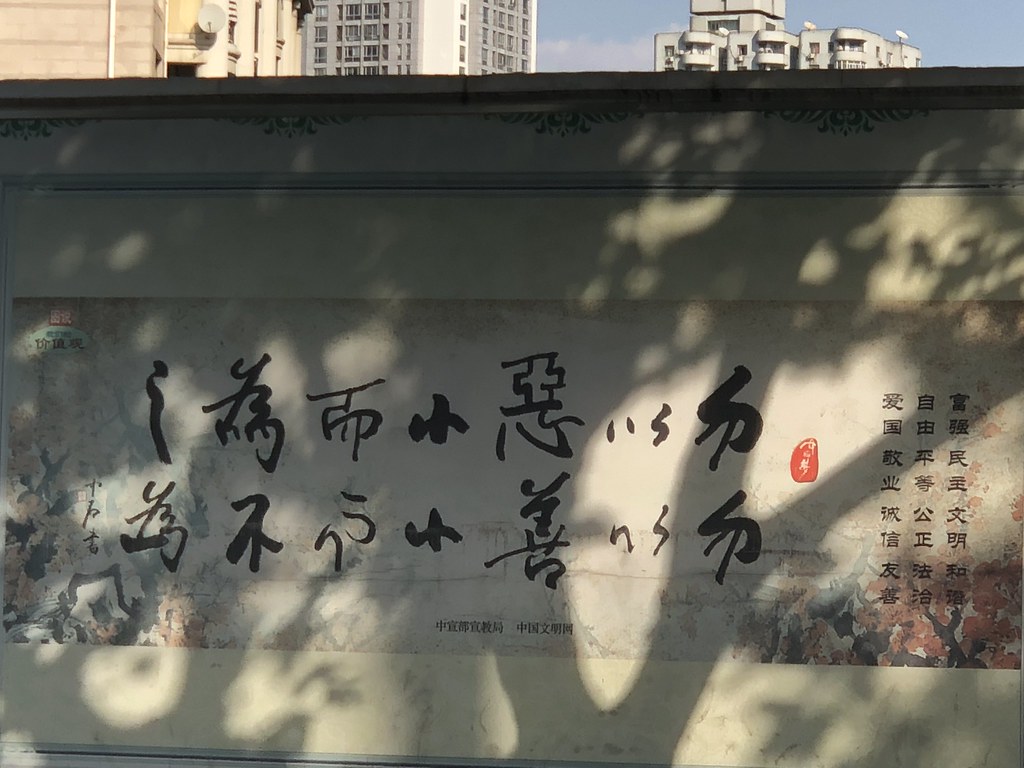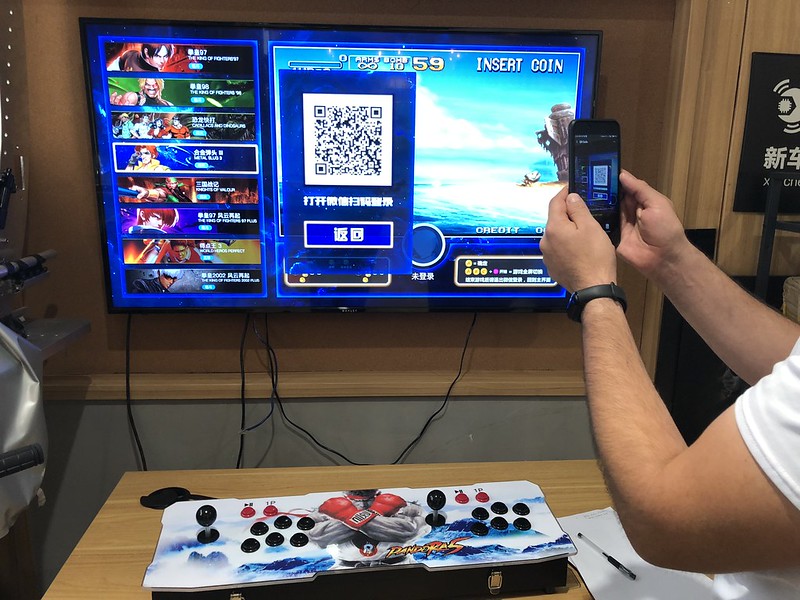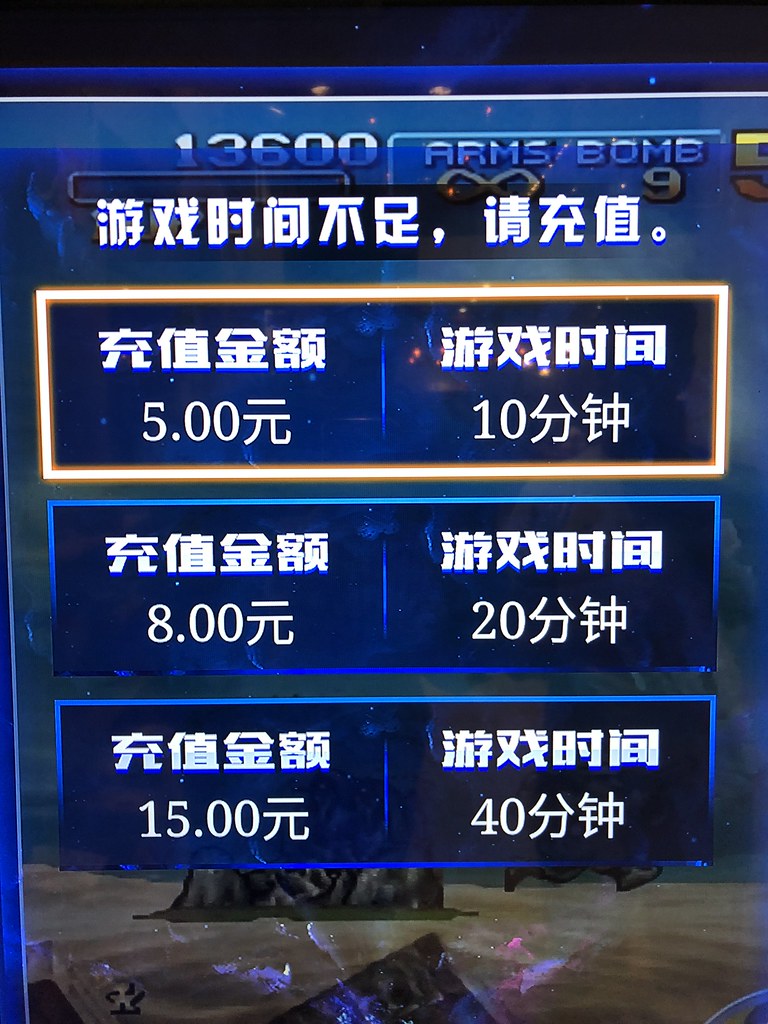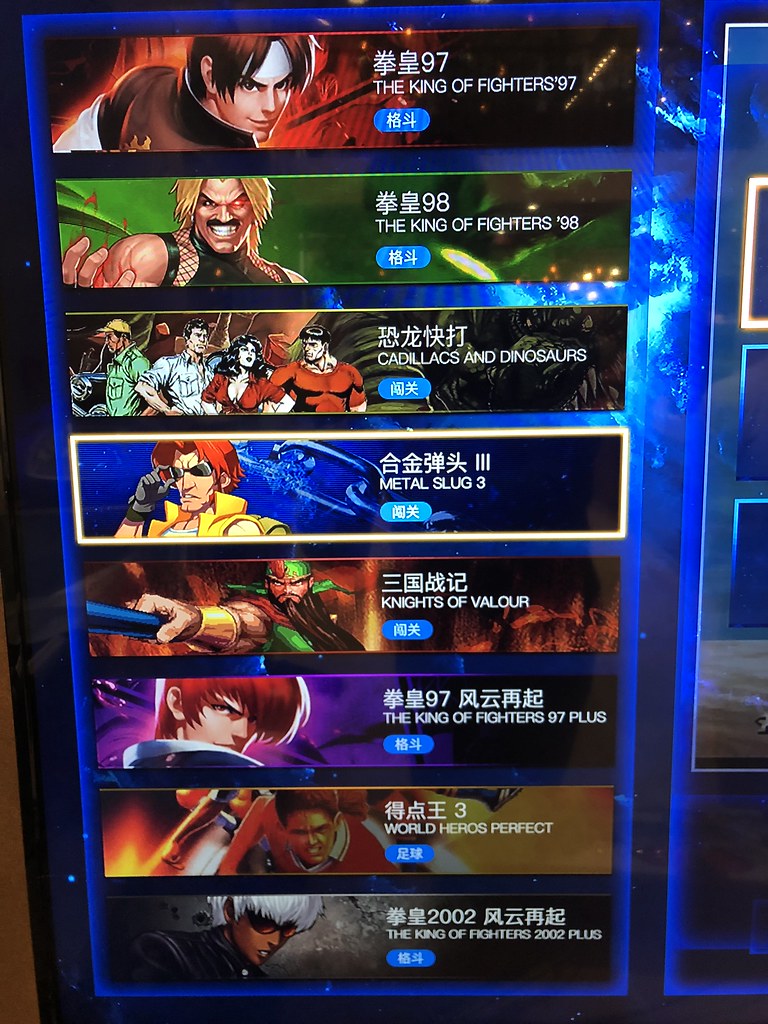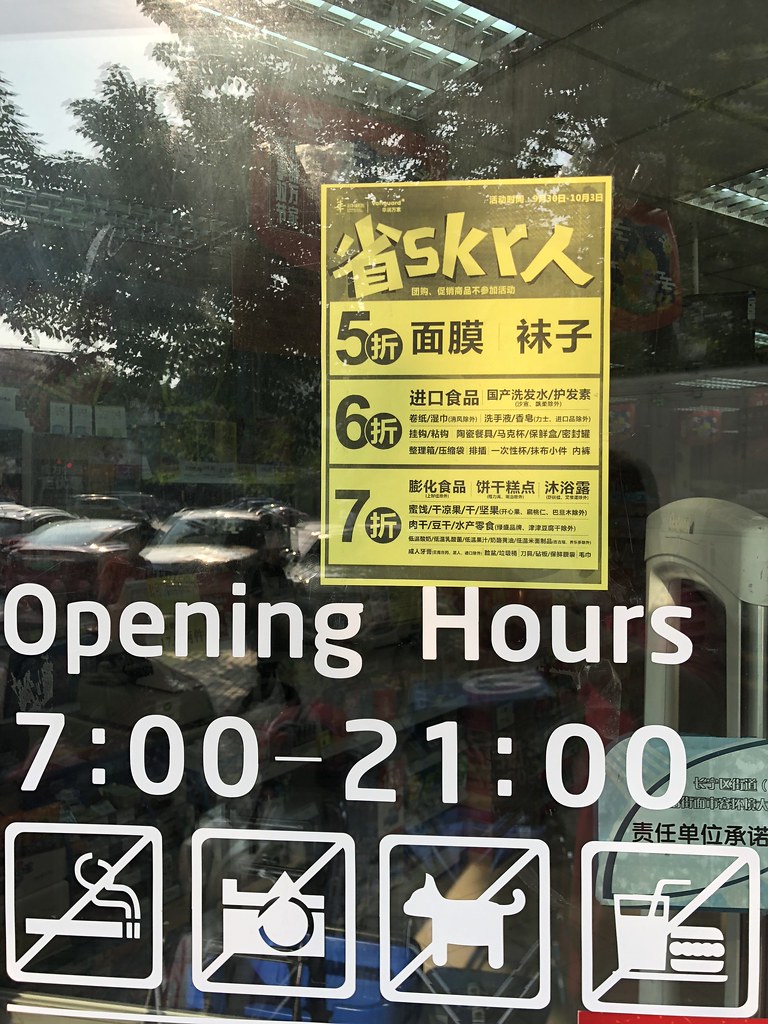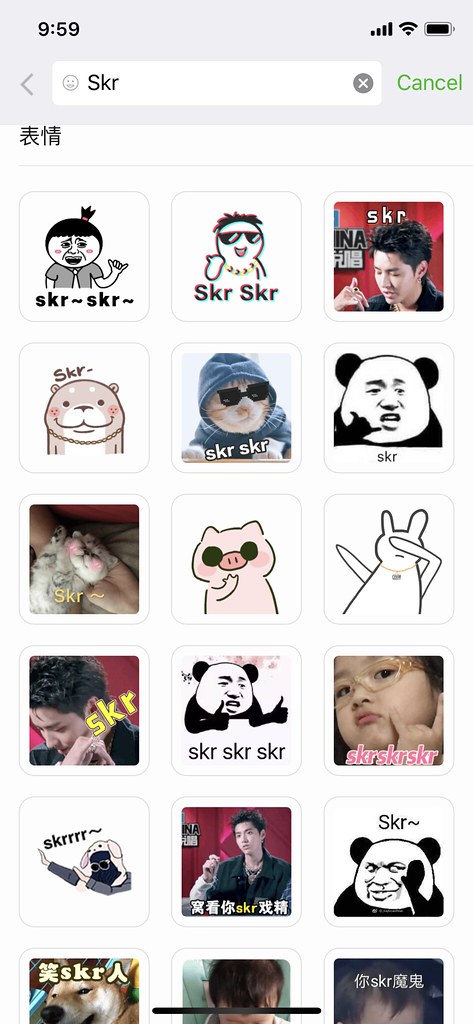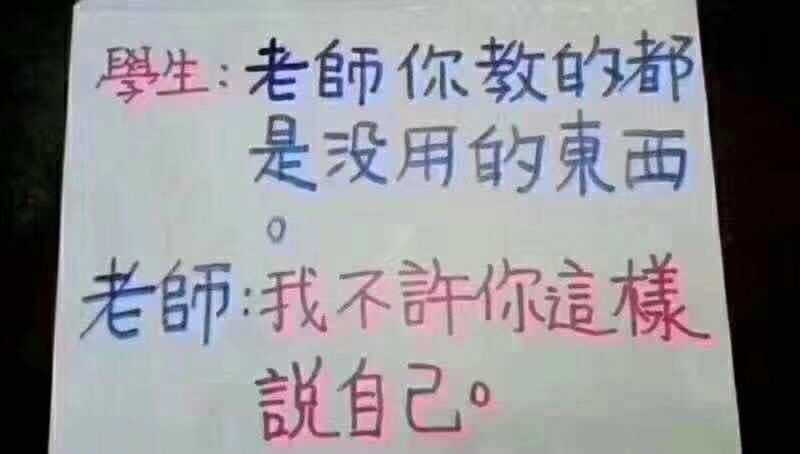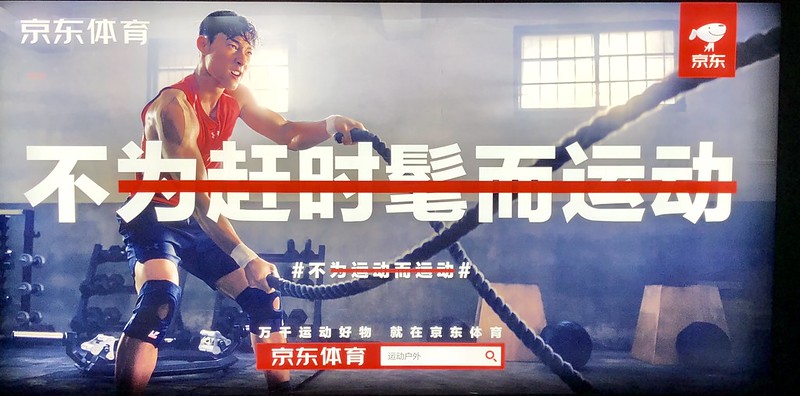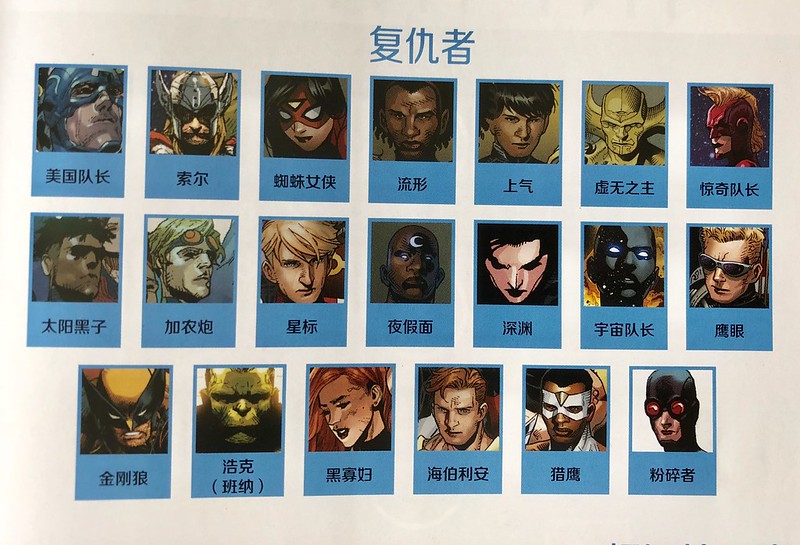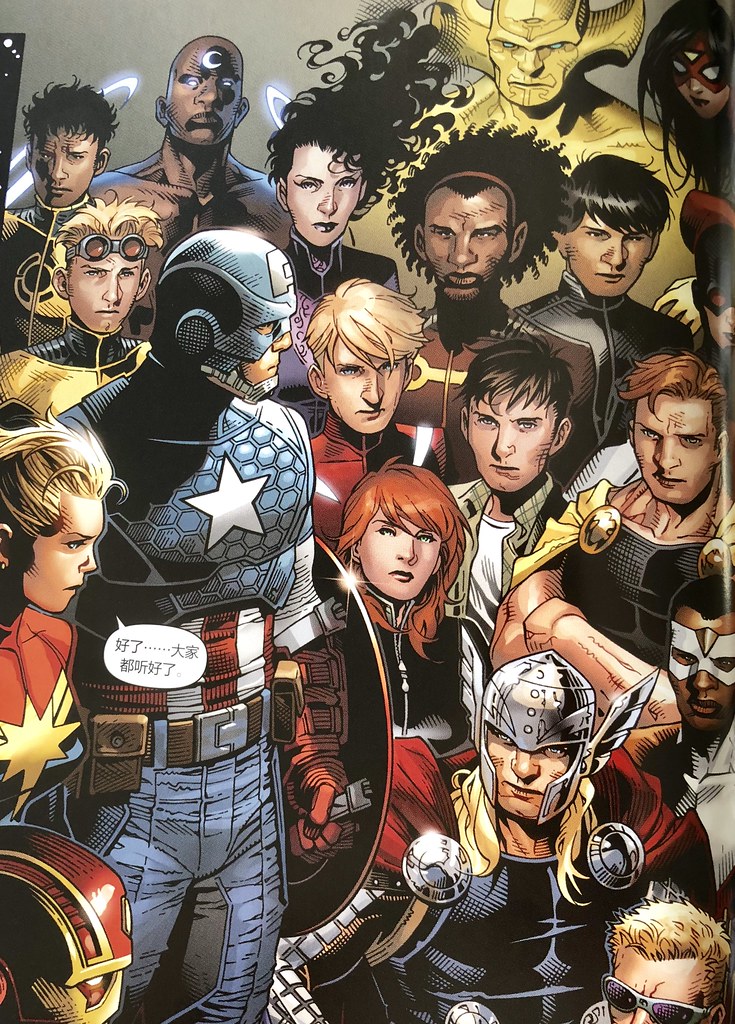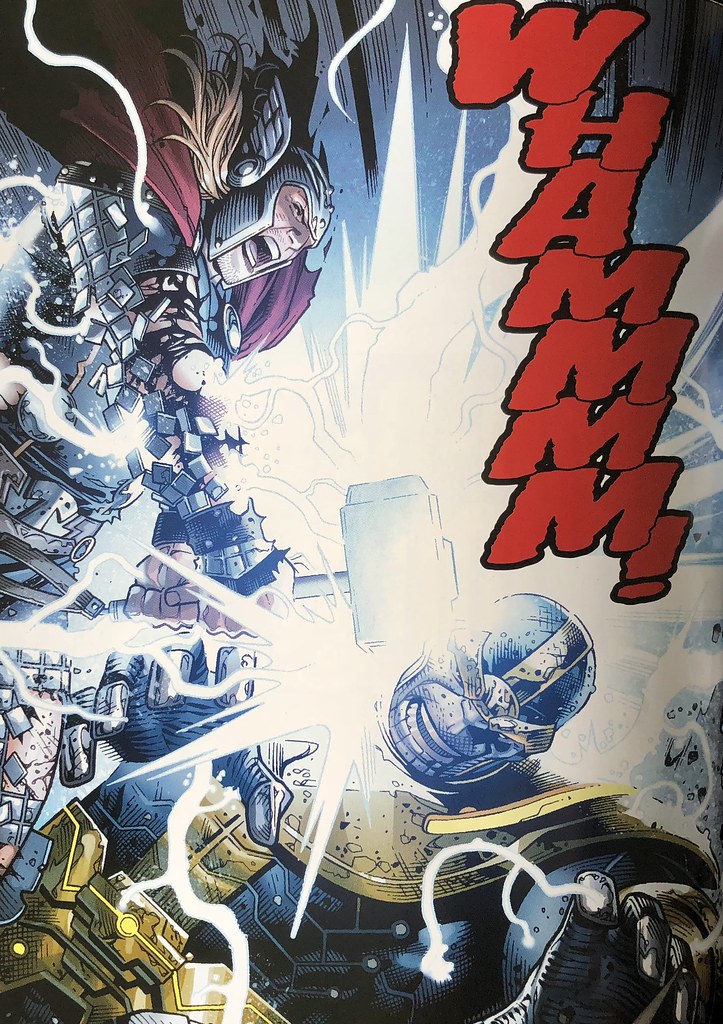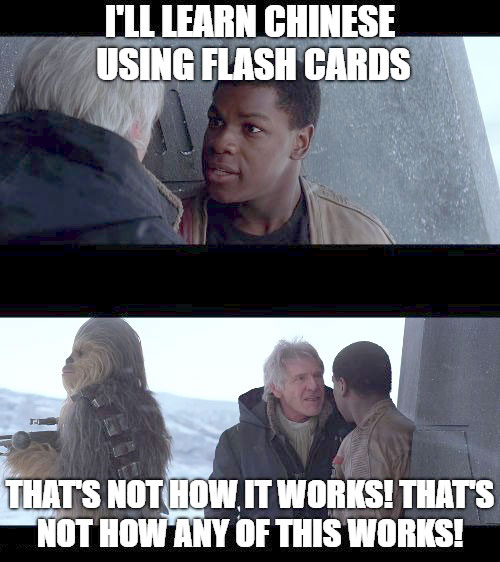12
Feb 2019You Can Learn Chinese (Podcast)
At the end of 2013 I left ChinesePod and podcasting in general. I haven’t missed it too much. Those podcasts were a ton of work to get right, and I’m happy to tackle the problem of learning Chinese from different angles with different approaches at AllSet Learning.
In 2019, though, it looks like I’m doing a podcast again! This time it’s with my partner at Mandarin Companion, Jared Turner, and it’s called the You Can Learn Chinese podcast.
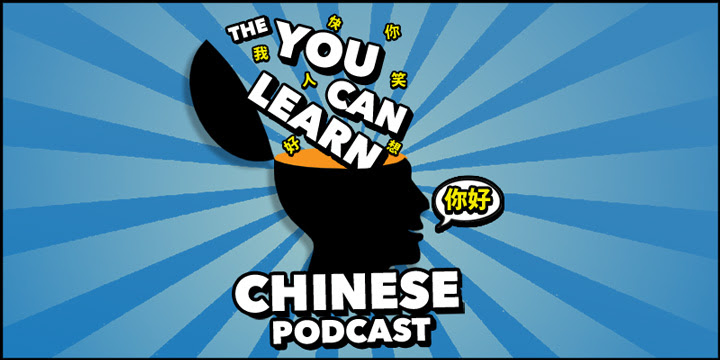
This podcast is about learning Chinese; it doesn’t teach Chinese. And while it may sound like it’s for beginners, learners of all levels should get something out of it. As the name suggests, it’s also more motivational and conceptual than technical. For example, rather than talking about how to set up Pleco or Anki for optimal flashcard review sessions, we might talk about how flashcards can be a useful tool but are not a one-size-fits-all method, and you can learn Chinese without going full-on flashcard crazy.
Here are some of the things I like about this podcast:
- Produced and managed by Jared and not me (Yay, I’m lazy!)
- Lots of guests, sharing a wide range of experiences learning Chinese (some to very high levels)
- I get to talk about certain academic topics a bit (but no thesis writing!)
- It’s kind of cool to be behind the mic again, but with less work pressure
Anyway, if you’re interested at all, please check out the You Can Learn Chinese podcast and let me know what you think. It’s new and still evolving.
17
Jan 2019Pye, Pi, Pai
A clothing store in Shanghai:

So π + 派 = this. It doesn’t seem clever in any way, but it’s kind of interesting.
11
Jan 2019The Hardest Thing
We China expats complain a lot. It’s pretty often that you hear people talking about “the worst thing” or “the hardest thing” about living in China. You hear complaints about the food, cultural issues, linguistic challenges, internet woes, pollution, etc. Many rivers being cried over here.
And I’ll admit, I’ve thought about this issue myself (enough to come to a conclusion). The biggest frustration for me over the years has been related to the internet, and it’s gone from being a personal nuisance to a business issue.
But the real hardest thing is something that crept up on me. It’s something I never thought about when I initially made my decision to stay in China indefinitely, and it’s only been in recent years that I’ve really confronted it.
The hardest thing about living in China as an expat long-term is having your family grow old while you’re not around. It can be hard to accept how the U.S. has changed in recent years, but seeing one’s parents older and frailer with each visit is the absolute hardest. It really makes you question your life choices, even though in my case, my parents have always supported my life decisions.
Especially after having children of my own (ages 4 and 7 now), I’ve made it a priority to get home at least once a year to spend time with my parents and my sisters. But time marches on, and one visit a year feels woefully inadequate when the unmentionable finally happens.
We really don’t have much time, and the years fly by.
I’ll miss you, Dad.

01
Jan 2019Outlier Teaches You How to Learn Chinese Characters by Video
Way back in 2015 I recommended the Outlier Dictionary of Chinese Characters for Pleco. It’s been a while, but the team has been busy. They’ve been continuously adding to their character dictionary, and they’ve also created a video course for self-learners that want to learn Chinese characters by the Outlier method.
You can see an example video on YouTube which outlines the “Pipeline Strategy” for learning Chinese characters.
I don’t routinely plug other products, but this is one I really believe in. These guys know what they’re doing, and they are utterly dedicated to their cause. You may notice in the video that they’re not exactly “entertainers,” but they don’t beat around the bush and they do know what they’re talking about!
They’re starting a video class next week, and if you’re looking for a way to self-study with video guidance from experts, this could be what you’ve been waiting for.
Here’s the link to sign up to the course. (It’s an affiliate link, so if you choose to sign up you’re supporting Sinosplice too.)
Make it a great 2019!
13
Dec 2018The Intermediate Chinese Grammar Wiki Book is out!

The Intermediate Chinese Grammar Wiki Book is available:
It’s really been a ton of work editing, rewriting, and reworking all kinds of intermediate grammar points for the new book. The result, however, is both a solid book and better wiki content. If you want to support the wiki, please buy the book! (If you don’t need another stack of paper, I highly recommend the ebook. The instant search alone is really great.)
Special thanks to Chen Shishuang for all the work she did on the B1 grammar points, beginning years ago (not just one). (I bet there were times she wondered if the book was ever really coming out!)
AllSet staff Li Jiong and Ma Lihua were amazing proofreaders, and intern Jake Liu was quite a trooper as well. I also need to give a shout-out to wiki user extraordinaire Benedikt Rauh, who caught quite a few errors and emailed them in over the course of 2018.
Our designer Anneke Garcia did an awesome job on the cover. (If you need design services, I can put you in touch.)
For me, one of the best things about finishing a massive book like this is that I don’t have to work on this book anymore. (Maybe I have a tiny inkling of how George R. R. Martin feels?? Ha!) Sure, I love me some intermediate grammar, but there are so many other projects I can’t wait to dig into. 2019 is going to be a great year for AllSet Learning.
Now for some Christmas vacation…
05
Dec 2018“Meng” Characterplay
I spotted this ad on the Shanghai Metro:
The name of the service is 盟盟 (and apparently all the good domain names have been taken for that one). You can see how the “盟” character blends nicely into the drawing of the ship.
But no, the brand has nothing to do with ships or cruises or whatever… So while the characterplay looks like it kind of works, the picture really has nothing to do with what 盟盟 is all about: franchising (加盟) other brands.
27
Nov 2018Fish You Talk
This restaurant, 鱼你说, has a pun for a name:
I also like the stylized font!
The name is a pun on the phrase “与你说,” which means “talk with you.” 与 is a rather formal word that can be used in place of 和 or 跟 in many contexts.
Although the pinyin for both the name and the phrase are “yu ni shuo,” actually 鱼 is second tone, while 与 is third tone. But 你 is third tone, which means that 与 is read as second tone, due to the tone change rule. So actually the two sound the same.
21
Nov 201811-11: Blinded by Consumerism
The “Double 11” (AKA “Singles Day”) Chinese shopping holiday has been over for 10 days, but I think this is still worth sharing. This ad by Tmall remains the best (unintentional) metaphor for “blinded by consumerism” that I’ve seen:
The mask is in the shape of Tmall‘s logo, a cat. Tmall’s Chinese name is 天猫, which literally means “Sky Cat,” but it seems like it was chosen based on the English name (“T” for Taobao, which owns Tmall, and “mao” sounds like “mall” to Chinese ears).
It’s funny that you sometimes see the 双11 (literally, “Double 11”) manufactured holiday translated in English as “Singles Day” (formerly “Bachelor’s Day”). This day was once celebrated as such, but in a few short years, the shopping aspect has completely taken over the “holiday.” Single people feel entirely irrelevant now. But hey… who cares about human connections when you can spend money on all these great deals??
16
Nov 2018Shanghai Wall Wisdom
Spotted on a wall in Shanghai:
It reads:
勿以恶小而为之,
勿以善小而不为。
Because it’s from classical Chinese, it’s written in traditional characters and also reads right to left. It’s also a pretty simple introduction to classical Chinese, so if you’re intermediate or higher, it’s worth a closer look.
Translation:
Even in small matters, do no evil.
Even in small matters, do not fail to do good.
A few notes on the classical (or harder) Chinese:
- 勿: “do not” for commands (also used in formal modern Mandarin)
- 以: “because” (classical Chinese)
- 而: a tricky grammar word usually indicating contrast (also used in formal modern Mandarin)
- 为: “to do” (classical Chinese)
- 之: “it” (classical Chinese)
Words like 以 and 而 are especially tricky because they can mean so many different things! 慢慢来… it takes time to absorb all those different usages.
15
Nov 2018E ink for the Shanghai Bus System
I was surprised to see this new bus schedule display screen using what appears to be e ink for its display:
I did a double-take at first, thinking it had to be paper. (Obviously, it’s a screen.)
Pretty cool! I had no idea that this technology was being applied in this way. Curious if this is just a tiny experiment, or if this kind of display is rolling out at a larger scale already. E ink totally makes sense as a way to roll out more dynamic (networked) announcement boards across the city at a lower energy cost.
One of my co-workers remarked that there’s a conspicuous lack of ad space on the display. Other similar bus stop displays have used conventional monitors to show the bus ever-changing schedule alongside video ads. This does seem like a user-friendly lower-cost option, though.
07
Nov 2018Co-working Dominates Shanghai in 2018
I’ve loved the office building where AllSet Learning has been based for the past 6 years. How can you not love a building like this??
I like the natural light and high ceilings, the white walls and natural wood, the lack of fluorescent lighting and cubicles, the “indie but professional” vibe. But recently the government decided it wants the building back, and since technically it’s zoned for education, they can take it back. So it’s time to find a new office!
What’s really striking is how co-woking spaces have totally taken over Shanghai and, unfortunately, driven up office rental rates. Currently the main co-working spaces are:
- Naked Hub (裸心社) –recently acquired by WeWork
- WeWork –the big one
- Creater (创邑)
- Mixpace (米域)
- People Squared
- Kr Space (氪空间)
That last one is a new one, but it seems to have gone all in on co-working, buying up locations all over Shanghai (and several other cities) in a short amount of time.
The co-working space competition is really heating up, and I’ve definitely felt that as we looked around for office space. Co-working spaces charge by the “seat” rather than the actual space provided, and they are generally overpriced (they try to justify it with free coffee or “member-only activities,” as if the main point of renting an office isn’t space to work), but they really are squeezing out a lot of the more traditional options. It used to be much easier to find office space in a small building for a decent price. It’s still not impossible, but the landscape is changing fast.
So AllSet Learning decided to go with Kr Space. Since it’s new, the rates are very competitive, and we were able to choose a larger office than you typically get at one of these places. While I originally wanted to stay away from co-working spaces, I like the location, and Kr Space is more focused on providing a good working environment for individual offices than some of the others.
One downside to moving into a co-working space is that there’s way less storage space. But I’ve come to recognize that one of the reasons co-working has taken off is that most modern offices really don’t need to store a ton of stuff. Most records should be electronic these days, so a company shouldn’t need walls and walls of shelves and cabinets. So we’re taking this opportunity to slim down, and one of the unfortunate results is that we need to unload a ton of books. Some of the Chinese textbooks in our library are showing their age, and some we just never use. So it’s time to weed out some books.
I’ve advertised on WeChat, but if you’re looking to pick up some free Chinese study materials, come by our old office this week (before we move on Nov. 10, 2018). We also have some Mandarin Companion inventory for sale (imported from the U.S., but at 100 RMB per book still cheaper than on Amazon.cn).
24
Oct 2018Arcade Games by QR Code
Spotted in the People Squared (West Nanjing Rd. location) co-working space lobby in Shanghai:
In case it’s not entirely obvious, there are no quarters or coins of any kind. There is no “caninet” to hold coins. It’s just a TV hooked up to a small computer of some kind (housed under the controls, it looks like), and all payments are done by scanning the on-screen QR code and paying via mobile payment (WeChat or AliPay).
The games cost:
- 5 RMB for 10 minutes
- 8 RMB for 20 minutes
- 15 RMB for 40 minutes
Pretty cool business model! I’m not sure this is the best location for this particular venture, but I like the idea.
17
Oct 2018Deciphering “skr” Slang
So there’s this word “skr” being used a lot in China these days, mainly by Chinese kids online. As with any popular internet slang, however, it has found its way into real-world marketing materials. Here’s a usage I spotted the other day in Shanghai:
So the part we’re focused on here is:
省skr人
Which means, essentially:
省死个人
This could be restated as:
(人)可以省很多钱
If you’re trying to make sense of “skr,” it’s usually used to replace 是个 or 死个 (normally it should be the intensifying 死, as in the example above). The word has its roots in Chinese hip hop, and specifically the performer 吴亦凡 [Baidu Baike link], who is pictured several times in the GIFs below (red background).
This is a screenshot from a search of WeChat’s 表情 animated GIFs showing how popular “skr” currently is:
(I don’t expect this popularity will last.)
11
Oct 2018EF’s “REAL Foreign Teachers”: Progress or Dog Whistle?
I spotted this EF advertisement here in Shanghai recently:
The text reads:
在英孚,我们
只用真正的外教
- 100% TEFL/TKT双证上岗
- 100% 全职教学
- 100% 大学以上学历
A translation:
At English First, we
only use real foreign teachers
- 100% TEFL/TKT double certification
- 100% full-time teaching
- 100% university graduates
So you see a white face and the promise of “REAL foreign teachers.” Is this some kind of racist ad? No, no, you are mistaken: they’re referring to the qualifications of their teachers, which just happens to be written in smaller type below. It’s just a coincidence that the teacher they chose for the ad is white, right?
This seems like a dog whistle advertisement to me. They’re communicating with the racist segment of their target market while also maintaining plausible deniability.
What do you think?
03
Oct 2018So I made a screencast…
I’m in the middle of the 7-day Chinese National Day (国庆节) holiday, and I’m in the office getting some work done. I decided a while ago that it would be useful to make some videos (and I did make one), but I didn’t want the hassle of video editing (or managing video editing) on a regular basis. Turns out screencasts are really easy to do once you get them all set up!
So I’m doing a series of screencasts about the Chinese Grammar Wiki, and this first one explains how you can make use of keywords on the wiki for quicker and easier navigation:
If you find it useful, please share!
27
Sep 2018China Knows Potatoes, Yet Doesn’t Appreciate Potatoes
I like potatoes. I have Polish and Irish blood, so maybe it’s in my DNA. China has a number of good potato dishes, such as the staple 酸辣土豆丝 (sour and spicy potato strips). But it seems like some of the best ones get no love from the local population.
Take this dish for example:
The original Chinese dish was 椒盐土豆 (“salt and pepper potatoes”), and it was good, but I asked them to make it spicy (spicy version pictured above), and it was so much better. Really amazing.
Years ago I had an ayi from China’s Dongbei (northeast) region, and she learned to make garlic mashed potatoes (with no butter) that were awesome. But Chinese people don’t normally eat that.
Of course, French fries are pretty popular here. But the really good potato dishes get no recognition in China…
21
Sep 2018When the Teacher Strikes Back
I came across this image on WeChat:
The original image was written in traditional characters. Here’s a simplified Chinese transcript:
学生:老师你教的都
是没有用的东西
。
老师:我不许你这样
说自己。
Don’t feel bad if you don’t get it at first. Some native speakers even take a second to figure out what happened.
This is a case of syntactic ambiguity. You can interpret the first statement in two ways, and it’s all because the verb 教, meaning “to teach,” can take two objects: who is being taught (what we think of as a “indirect object” in English) and what is being taught (what we think of as a “direct object” in English).
The other key is that in Chinese, 没有用的东西 (literally, “useless things”) can also refer to people.
So the joke is that when the student says “everything you teach is useless,” the teacher flips it around and interprets it as “everyone you teach is useless.” Then the teacher pretends to take the high road and says, “I won’t let you talk about yourself that way.”
12
Sep 2018Shanghai Subway Ads that Teach Chinese Grammar
Sometimes it feels like the environment is actively trying to teach certain words or grammar patterns. Recently I’ve been seeing this series of ads in the Shanghai Metro every day:
不为朋友圈而运动
不为跟风而运动
不为赶时髦而运动
不为别人的眼光而运动
不为自拍而运动
In this case, the pattern is a negative version of 为……而……. The pattern 为……而…… indicates doing a certain action for a certain purpose (apparently the red line is just there to emphasize “NOT for this purpose”). I discovered that this pattern was not yet on the Chinese Grammar Wiki, so I immediately added it: Explaining purpose with “wei… er…”.
The ads are interesting, because they come from JD.com (京东), which presumably sells sporting clothing and equipment (the ad mentions 京东体育), but it’s not made explicit what’s for sale. Furthermore, JD.com take a stance on values which seem to go counter to what a lot of young Chinese people are doing these days, and the values they’re advocating don’t seem to clearly lead to greater sales for JD.com.
The ads roughly translate to:
- Exercise, not for your WeChat Moments [China’s version of Instagram]
- Exercise, not just because everyone else is
- Exercise, not to keep up with the trends
- Exercise, not because of what other people think
- Exercise, not for the selfies
(As you can see, it’s also challenging to translate the 为……而…… pattern into English in a consistent way. It would be nice to use “for” in all of them, but it just doesn’t work for some of them.)
04
Sep 2018The Value of Reading Marvel Comics in Chinese
Last month my friend Zach Franklin and I spent a half-hour in a recording studio talking about reading Marvel graphic novels as a way to practice Chinese. Not sure how often I’ll do this kind of recording, but hopefully you Chinese learners will find it interesting!
The last interview I did of Zach was all text, for the 2010 interview post The Value of a Master’s in Chinese Economics. Now you get to hear his voice and learn a bit more about how he uses his Chinese for less serious endeavors.
The book we talk about (aside from Harry Potter) is Marvel’s Infinity, or 无限 in Chinese (in Zach’s hands above).
Audio Highlights
Here are a few markers for the audio, as well as some of the Chinese mentioned in our conversation:
- 03:00: 2000 AD, Judge Dredd and Spawn discussion
- 03:48 : Harry Potter discussion begins
- 04:50: 4 Privet Drive = 女贞路4号
- 05:38: Buying James Bond 连环画 books in Xujiahui
- 09:16: to answer this question, Spawn (再生侠) has still not been officially translated for the Chinese market
- 10:20: Beijing 潘家园 Market, 星球大战(上、中、下)
- 11:41: my “Vader didn’t get a lot of screen time” comment was a reference to this YouTube video
- 12:51: Discussion of Marvel Comics in Chinese, and the experiece of tackling them for the first time
- 15:10: Discussion of the graphic novel Infinity
- 17:49: Why Zach is a hypocrite (when it comes to study methods)
- 19:12: Character names in Chinese discussed: 钢铁侠 (Iron Man)、雷神/托尔/索尔 (Thor)、鹰眼 (Hawkeye)、黑寡妇 (Black Widow)
- 21:09: Calling out Pleco for lack of Marvel character name vocab
- 21:28: 灭霸 (Thanos)、黑色兄弟会 (the Black Order) / 杀戮黑曜石 (lit. “Slaughter Obsidian”)、黑矮星 (Black Dwarf / Cull Obsidian)、超巨星 (Supergiant)、亡刃将军 (Corvus Glaive)、比灵星午夜/暗夜比邻星 (Proxima Midnight)、
- 25:10: “Infinity” is not the same as “Infinity War” at all
- 26:38: Is reading translated comics in Chinese a good idea for other learners as well??
- 27:44: “Cultural depth” of Marvel comics and Star Wars in Chinese society
- 29:06: The value of studying material you’re actually interested in
Images from Infinity (Chinese Version)
The front of the book has a list of all the Marvel characters’ Chinese names, and here are the sections that relate to this podcast (apologies for the quality; it’s a photo of a physical book!):
Here we can see the members of the Black Order more clearly:
And, just for balance, here are a few shots where the Chinese used is actually really easy to read:
Finally, a few cases where apparently translation was not really an option (or maybe just too much trouble):
(Take that, 灭霸!)
If anyone has a question for Zach, please leave a comment on this blog post, and I’ll gleefully harass him until he answers!
31
Aug 2018Flashcards: That’s not how it works!
My partner at Mandarin Companion, Jared, recently created this meme for a blog post:
The blog post is a learner story, and it touches on flashcards, but that’s not really the main point of the story. Still a useful read for other learners of Chinese, though.
But the meme struck me as very timely, because I’ve been doing a lot of thinking about flashcards over the years. Back in my ChinesePod days, my friend John B was always quite the flashcard software (SRS) “believer,” and my co-worker JP was always against it. At the time I was somewhat neutral (probably more on the pro side), but over the years I’ve gained a lot more insight into the issues surrounding flashcard usage. One of my earlier posts, Misgivings about SRS, touches on some of the ideas, but I wrote that the same year I started AllSet Learning, and since then I’ve come into contact with many different kinds of learners and gained far deeper insight into how flashcards work for whom, and how they don’t work.
I’m still organizing my thoughts for an upcoming blog post (it’s going to be rather long), but if you have your own flashcard story to tell (for or against), please don’t hesitate to leave a comment or send me an email. Links to academic studies of flashcards are also very welcome.
I’ll end with a thought related to extensive reading, which is what Mandarin Companion is all about: Chinese graded readers. Reading is the original spaced repetition. (For many cases, it’s still superior.)

